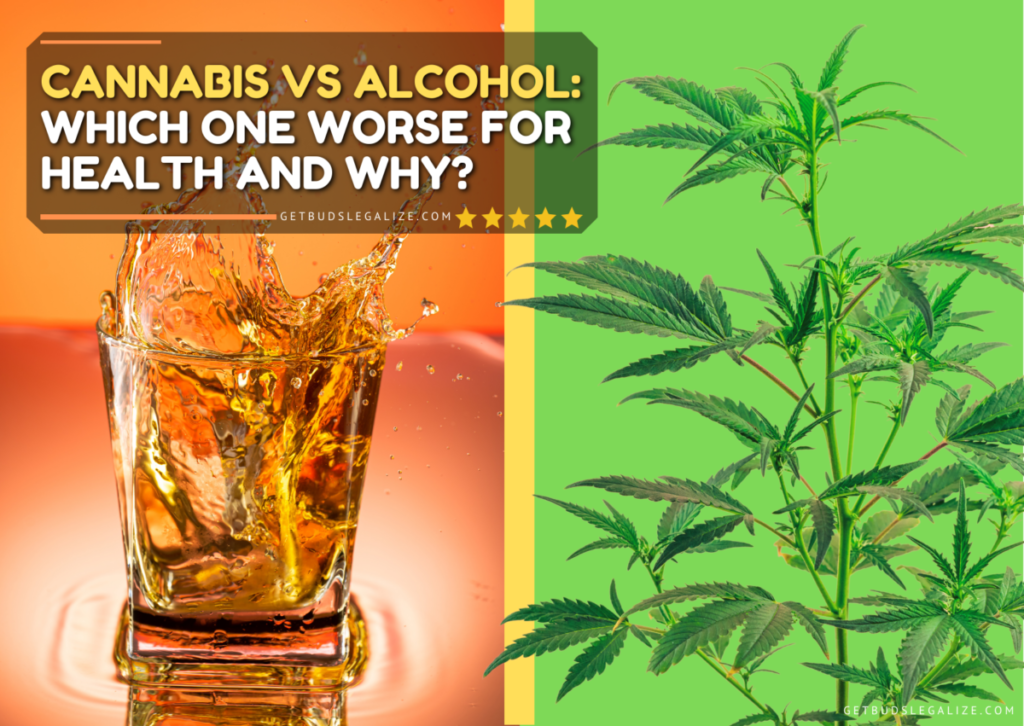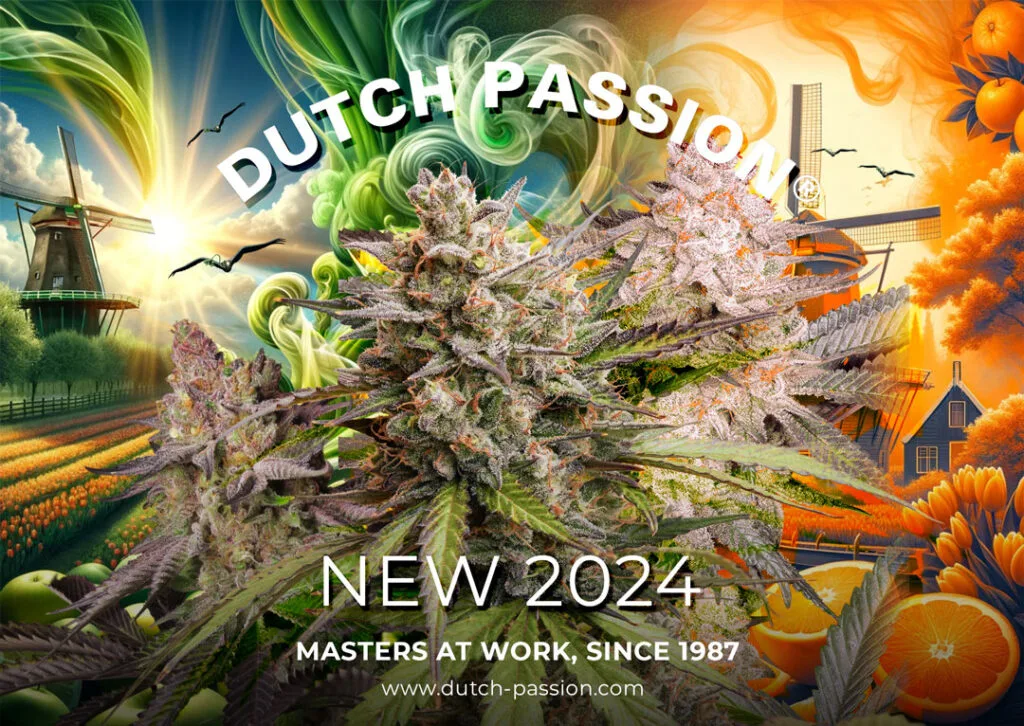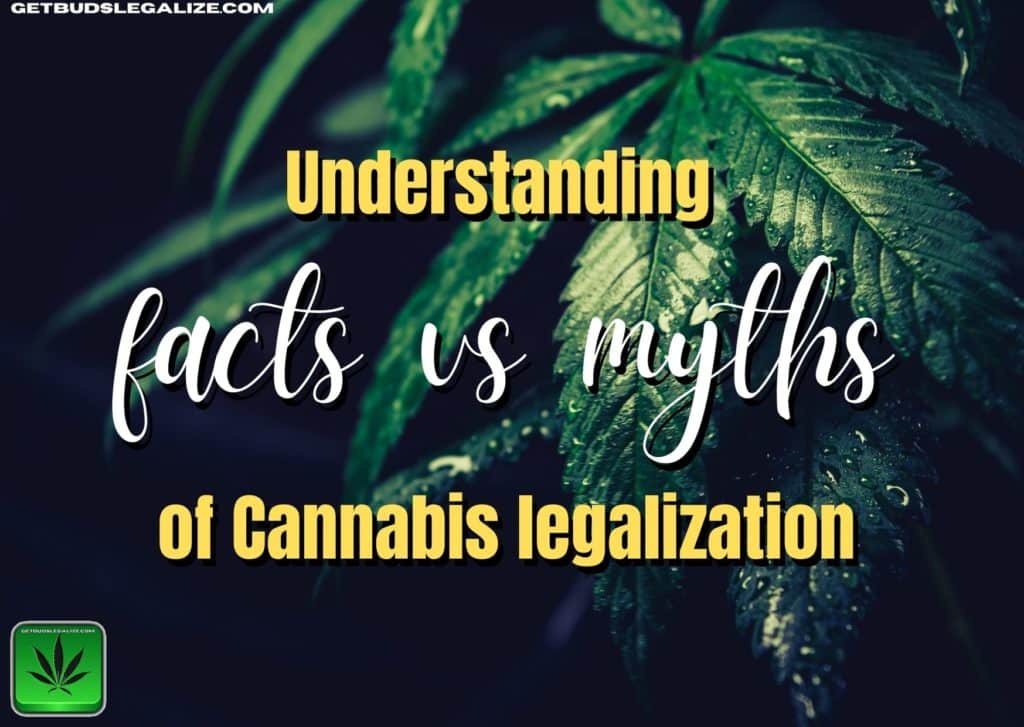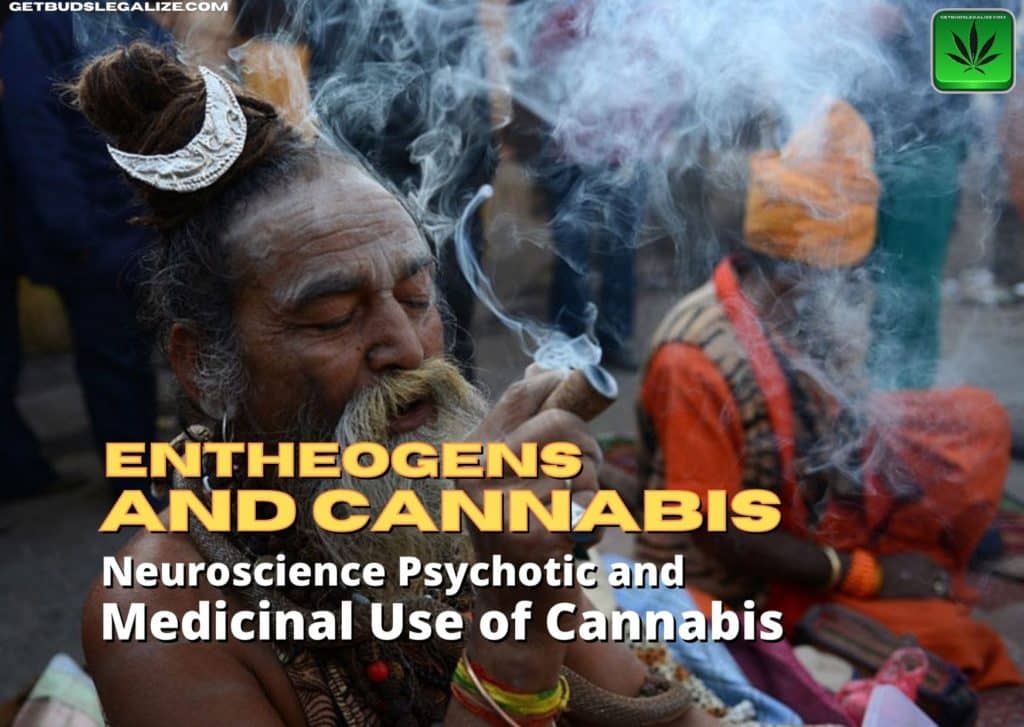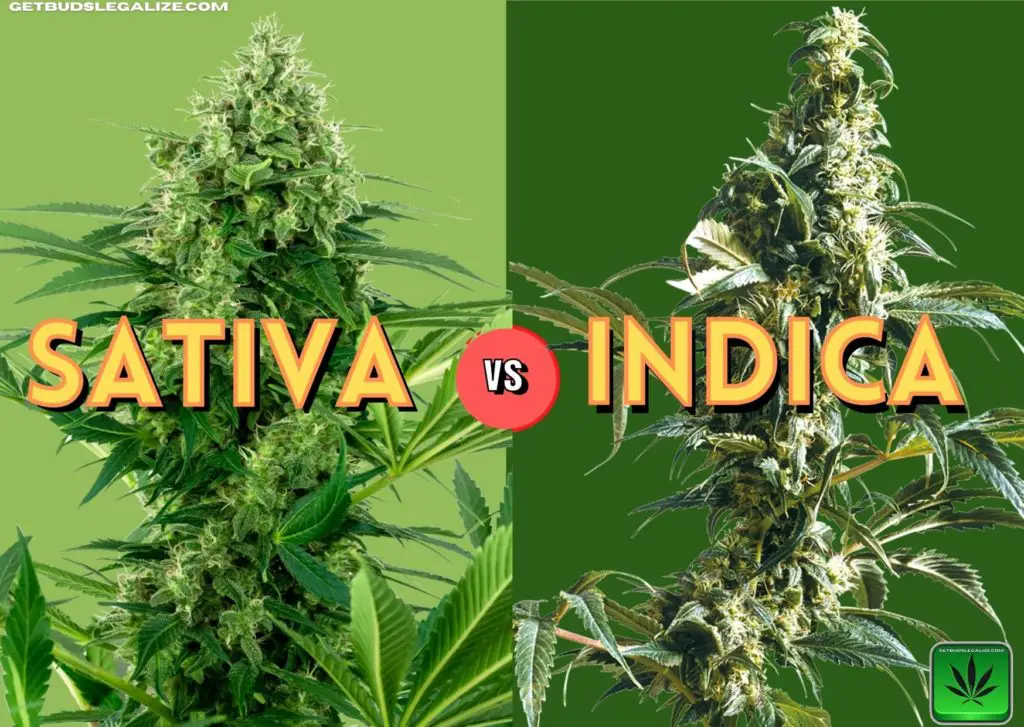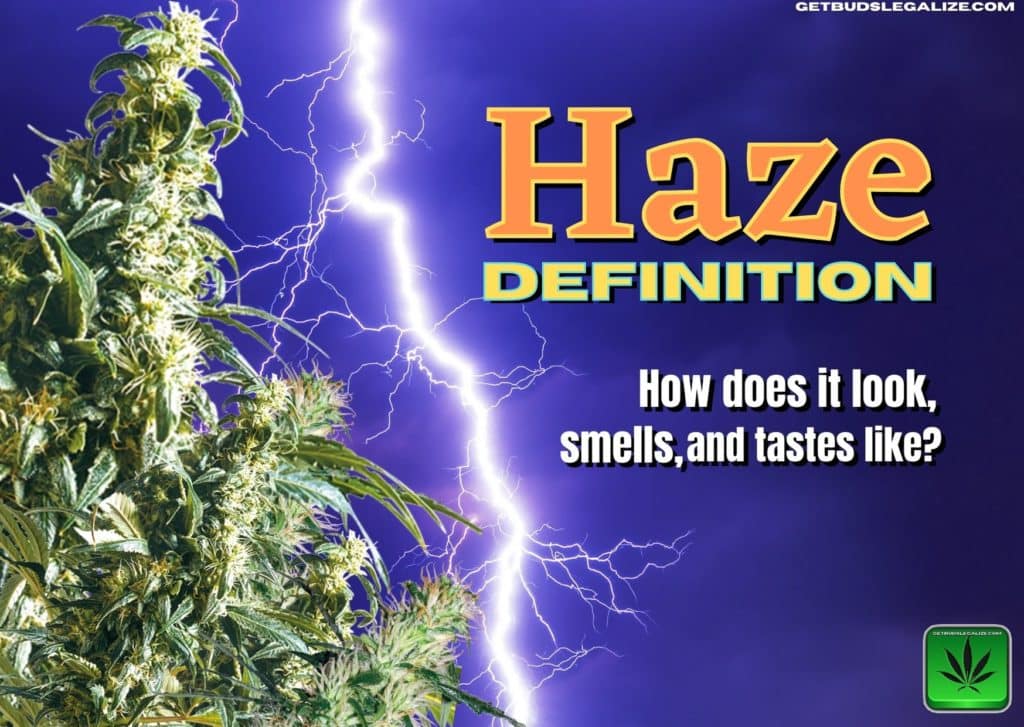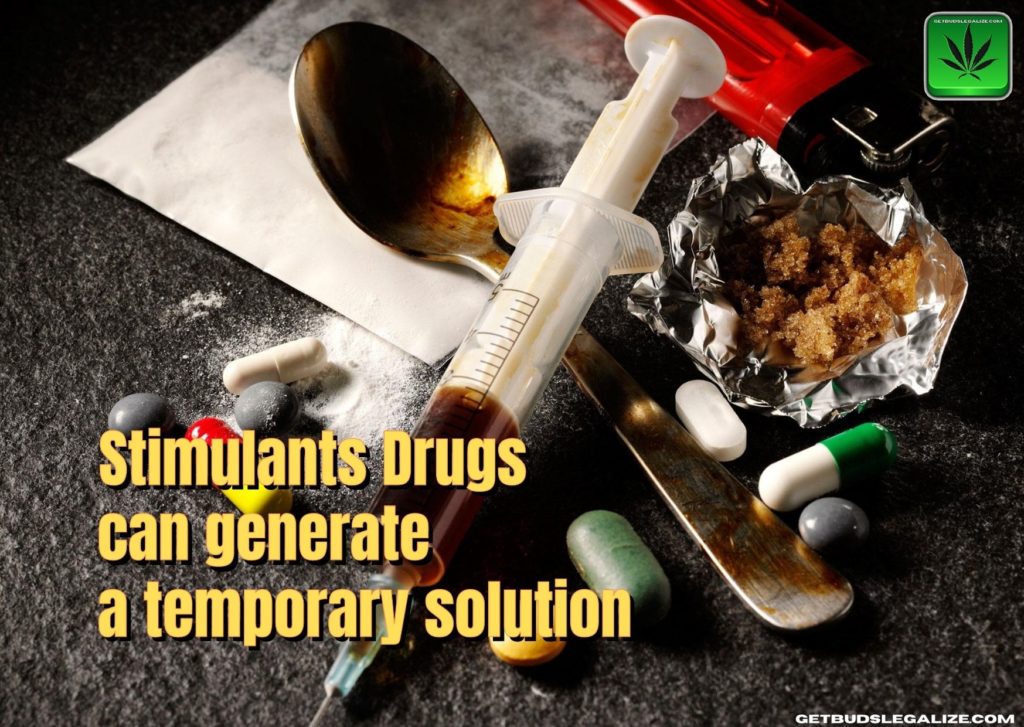Cannabis vs Alcohol: Which One Worse for Health and Why? Pros and Cons
Cannabis and alcohol are two of the most commonly used substances in the world. Both have been used for recreational, medicinal, and cultural purposes for thousands of years. But how do they compare in terms of their effects, risks, and benefits for your health?
In this blog post, we will explore some of the similarities and differences between cannabis and alcohol, based on the current scientific evidence. We will also discuss some of the factors that influence how each substance affects you, such as dosage, frequency, mode of consumption, and individual biology.
Before we dive into the comparison, it is important to note that both cannabis and alcohol are psychoactive substances that alter your brain function and behavior. They can also interact with each other and with other drugs or medications, sometimes with dangerous consequences. Therefore, it is always advisable to use them with caution and moderation and to consult your doctor before using them if you have any medical conditions or concerns.
Damages and Effects of Marijuana vs Alcohol
Marijuana and alcohol can produce a range of short-term and long-term effects on your body and mind. Some of these effects may be desirable, such as relaxation, euphoria, pain relief, or creativity. Others may be undesirable, such as impairment, anxiety, nausea, or addiction.
The perceived effects depend largely on how much you consume, how often you consume it, how you consume it (e.g., smoking, vaping, eating, drinking), and individual factors (e.g., age, weight, sex, genetics, tolerance).
Here are some of the common effects of cannabis vs alcohol:
Short-term Health Effects:
Cannabis:
- Euphoria: Marijuana can induce a state of happiness, relaxation, and increased sociability. Some users may also experience enhanced sensory perception, such as brighter colors, sharper sounds, and an altered sense of time.
- Anxiety: Marijuana can also cause feelings of nervousness, paranoia, and fear. Some users may experience panic attacks, hallucinations, or delusions. These effects are more likely to occur at high doses or in unfamiliar settings.
- Appetite: Marijuana can stimulate the appetite and cause cravings for food. This is sometimes referred to as “the munchies”.
- Red eyes: Marijuana can dilate the blood vessels in the eyes, causing them to appear red and irritated.
- Dry mouth: Marijuana can reduce the production of saliva, leading to a dry mouth and throat.
- Impairment: Marijuana can impair the ability to perform complex tasks that require concentration, coordination, and judgment. This can affect driving, studying, working, or playing sports. Marijuana can also impair short-term memory and learning.
The short-term effects of marijuana usually wear off within a few hours, depending on the dose, potency, method of use, and individual factors. However, some effects may linger for longer periods, especially in chronic users or those who consume edible products.
Alcohol:
- Reduced anxiety and increased confidence: Alcohol can make people feel more relaxed and sociable, as it affects the brain’s reward system and lowers inhibitions. However, this can also lead to poor judgment, risky behavior, and impaired decision-making.
- Impaired coordination and reaction time: Alcohol slows down the central nervous system, which affects the ability to balance, walk, and react to stimuli. This can increase the risk of accidents, injuries, and falls, especially when driving or operating machinery.
- Dehydration and nausea: Alcohol is a diuretic, which means it makes the body lose water and electrolytes through urine. This can cause dehydration, headache, thirst, and dry mouth. Alcohol can also irritate the stomach lining and trigger vomiting, which can lead to further dehydration and electrolyte imbalance.
- Memory loss and blackouts: Alcohol interferes with the formation of new memories in the brain, which can result in short-term memory loss or anterograde amnesia. This means that a person may not remember what they did or said while they were drunk. In some cases, a person may experience a blackout, which is a complete loss of memory for a period of time.
- Hangover: A hangover is a collection of unpleasant symptoms that occur after drinking too much alcohol. These may include headache, nausea, fatigue, drowsiness, irritability, sensitivity to light and sound, and difficulty concentrating. A hangover can last for several hours or even days, depending on the amount and type of alcohol consumed, as well as individual factors such as genetics, age, weight, and hydration level.
The short-term effects of alcohol can vary depending on the amount and frequency of consumption, as well as individual factors such as age, gender, weight, liver function, and tolerance. However, even moderate drinking can have negative consequences for some people and situations. Therefore, it is important to be aware of the potential harms of alcohol and drink responsibly.
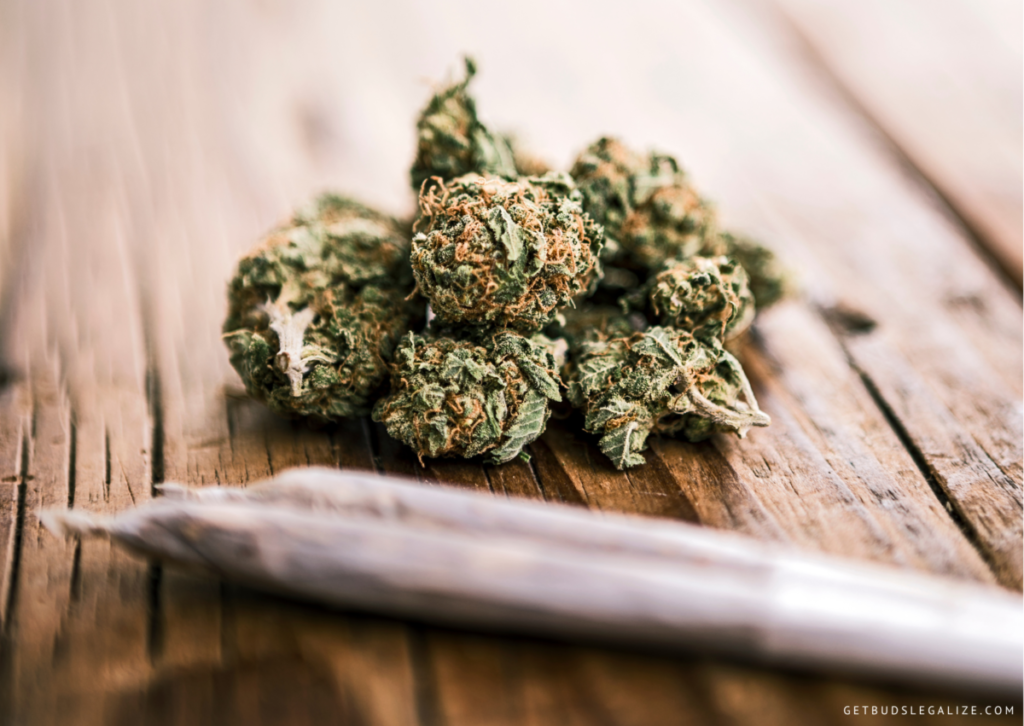
Long-term Health Damages:
Cannabis:
- Brain damage: Marijuana can impair cognitive function, memory, learning, and attention. It can also affect brain development in adolescents, leading to lower IQ and reduced academic achievement.
- Heart problems: Marijuana can increase heart rate and blood pressure, which can increase the risk of heart attack, stroke, and arrhythmia. Marijuana can also interact with medications that affect the heart, such as blood thinners and beta-blockers.
- Lung damage: Marijuana can cause respiratory difficulties, cough, bronchitis, pneumonia, and lung illnesses. Smoking marijuana can also expose the lungs to carcinogens and other harmful chemicals. Marijuana smoke can damage the cilia, which are tiny hairs that help clear mucus and bacteria from the lungs.
- Mental health issues: Marijuana can cause temporary or worsening hallucinations, paranoia, anxiety, depression, or psychosis. Some people may develop cannabis use disorder, which is a form of addiction that interferes with their life. Marijuana use can also increase the risk of developing schizophrenia, bipolar disorder, or other mental illnesses, especially in people who have a genetic vulnerability or start using at a young age.
The Longterm health risks of cannabis use can have negative impacts on physical and mental stability that may outweigh any potential benefits. Therefore, it is important to be aware of the risks and harms of cannabis use and seek help if needed.
Alcohol:
- High blood pressure: Alcohol can increase blood pressure due to its direct effects on the blood vessels, as well as the sugar and calories that are often present in alcoholic drinks. High blood pressure can increase the risk of heart disease, stroke, kidney damage, and other health problems.
- Heart damage: Alcohol can damage the heart muscle, causing it to stretch and droop, a condition known as alcoholic cardiomyopathy. This can impair the heart’s ability to pump blood effectively, leading to symptoms such as shortness of breath, fatigue, swelling, and irregular heartbeat.
- Liver disease: Alcohol can harm the liver, which is responsible for metabolizing and detoxifying alcohol and other substances. Chronic alcohol use can cause fatty liver, inflammation, scarring, and cirrhosis of the liver, which can impair liver function and increase the risk of liver failure and liver cancer.
- Pancreatitis: Alcohol can trigger the pancreas to produce toxic substances that can cause inflammation and swelling of the pancreas, a condition called pancreatitis. Pancreatitis can cause severe abdominal pain, nausea, vomiting, fever, and complications such as diabetes and malnutrition.
- Cancer: Alcohol is a known carcinogen that can increase the risk of several types of cancer, especially those of the mouth, throat, esophagus, liver, breast, and colon. Alcohol can damage the DNA of cells, interfere with hormone levels, increase inflammation, and affect the absorption of nutrients that may protect against cancer.
- Brain damage: Alcohol can interfere with the brain’s communication pathways, affecting mood, behavior, memory, concentration, coordination, and judgment. Long-term alcohol use can cause brain shrinkage, cognitive impairment, dementia, and increased risk of stroke.
- Immune system impairment: Alcohol can weaken the immune system by reducing the number and function of white blood cells that fight infections. This can make the body more susceptible to diseases such as pneumonia, tuberculosis, and HIV/AIDS.
- Changes in physical health: Alcohol can affect your physical health in various ways. It can cause problems with sleep, appetite, weight, digestion, sexual function, and skin. It can also increase the risk of injuries, accidents, violence, and chronic diseases.
- Changes in mental-health: Alcohol can affect your mental stability in various ways. It can cause persistent changes in mood, including anxiety and irritability. It can also trigger or worsen depression, bipolar disorder, post-traumatic stress disorder (PTSD), and other mental illnesses. Alcohol can also increase the risk of suicide and self-harm.
These are some of the long-term effects of alcohol use on the body. If you are concerned about your drinking habits or want to make a change, you can talk to your doctor or seek professional help. There are many resources and treatments available to help you reduce or stop drinking alcohol. You are not alone in this journey.
Weed vs Alcohol: Which is More Dangerous?
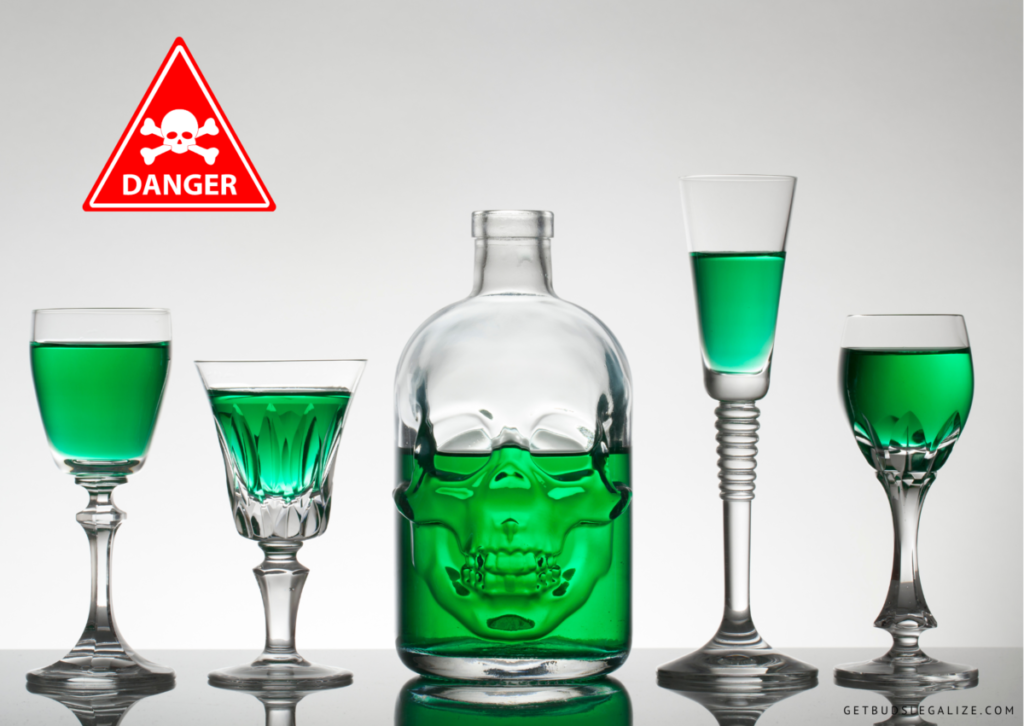
The question of which is more dangerous, alcohol or cannabis, has been debated for a long time. However, based on the available scientific evidence, it seems that alcohol poses a greater risk to both individual and public health than cannabis does. Here are some of the reasons why:
- Alcohol is more addictive than cannabis: According to the National Institute on Drug Abuse (NIDA), about 15% of people who drink alcohol develop an alcohol use disorder (AUD), which is a chronic and relapsing condition that involves compulsive drinking and negative consequences. In contrast, NIDA estimates that only 9% of people who use cannabis develop a cannabis use disorder (CUD), which is less severe and less likely to cause withdrawal symptoms than AUD.
- Alcohol is more toxic than cannabis: Alcohol can cause acute poisoning, liver damage, brain damage, heart disease, cancer, and other serious health problems. It can also impair judgment, coordination, memory, and reaction time, increasing the risk of accidents, injuries, violence, and suicide. Cannabis, on the other hand, has a much higher safety margin and does not cause fatal overdoses or organ damage. It can also have some therapeutic benefits for certain medical conditions, such as chronic pain, nausea, epilepsy, and multiple sclerosis.
- Alcohol is more harmful to society than cannabis: Alcohol is associated with more crime, violence, domestic abuse, sexual assault, traffic fatalities, and economic costs than cannabis. According to a study by British researchers that ranked 20 drugs based on their harm to users and others, alcohol was the most harmful drug overall, followed by heroin and crack cocaine. Cannabis was ranked eighth, behind tobacco and benzodiazepines.
Can I Mix Weed and Alcohol?
Mixing alcohol and weed can have unpredictable and potentially dangerous effects. Weed may either enhance or counteract the effects of alcohol depending on the dose, timing, and individual factors.
Some studies suggest that weed may slow down the absorption of alcohol into the bloodstream, which could delay the onset of intoxication but also increase the risk of overconsumption. Other studies suggest that weed may increase the blood alcohol level and impair cognitive and motor functions more than either substance alone.
However, some general guidelines can help reduce the harm associated with either substance:
- Avoid using alcohol or weed if you have a history of addiction, mental balance problems, or medical conditions that could be worsened by them.
- Limit your intake of alcohol or weed to moderate amounts and avoid binge drinking or heavy use.
- Do not mix alcohol and weed or use them with other drugs or medications that could interact negatively with them.
- Do not drive or operate machinery under the influence of alcohol or weed or within several hours after using them.
- Seek help from a professional if you have trouble controlling your use of alcohol or weed or experience negative consequences from them.
Conclusion
In conclusion, alcohol is more dangerous than cannabis in terms of addiction potential, toxicity, health, and social impact. However, this does not mean that cannabis is harmless or that its use should be encouraged.
Cannabis can still have negative effects on mental stability, cognitive function, motivation, and development, especially among adolescents and heavy users. Therefore, both substances should be used with caution and moderation.

